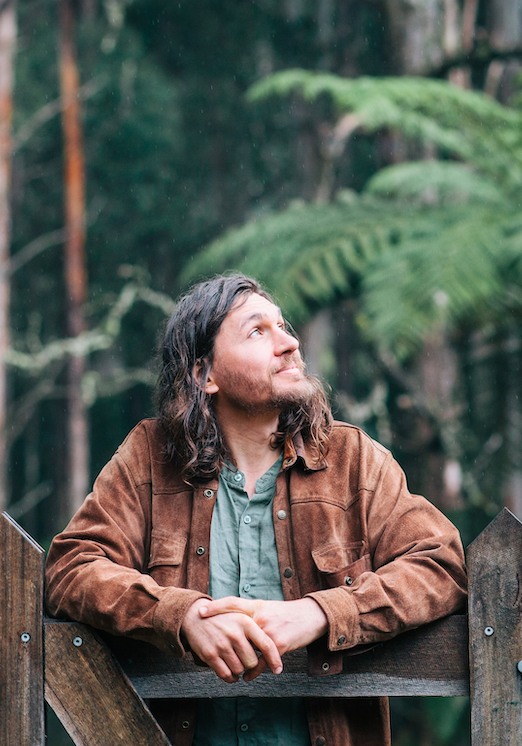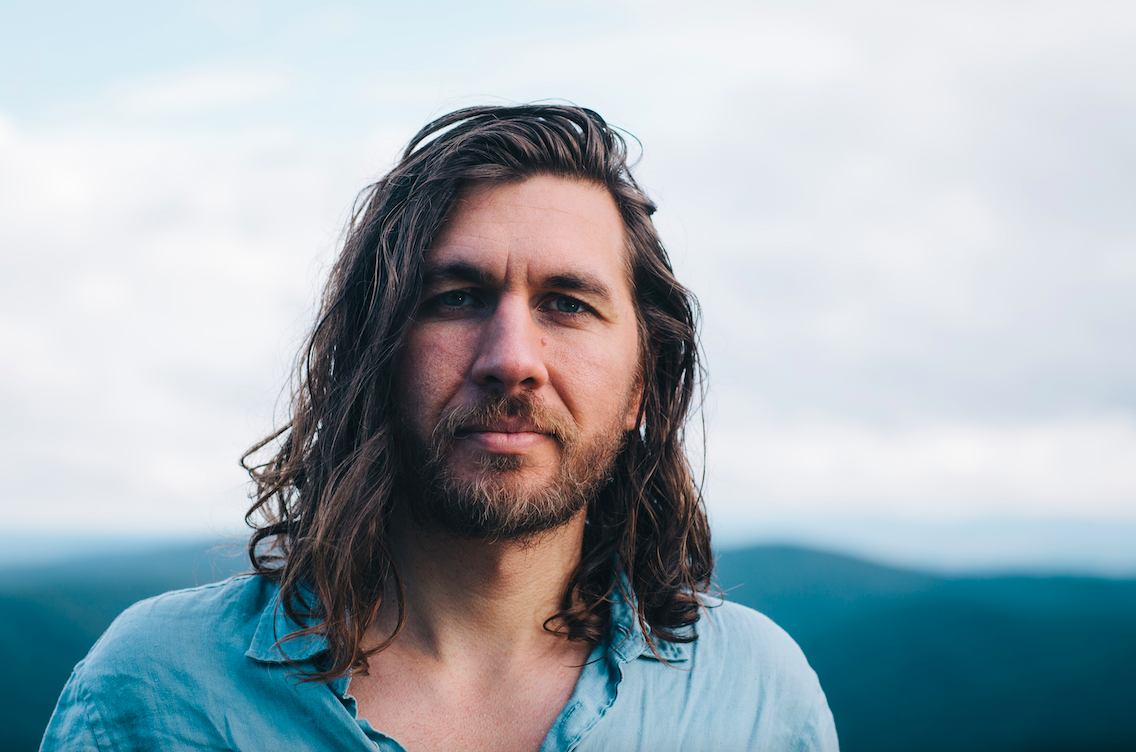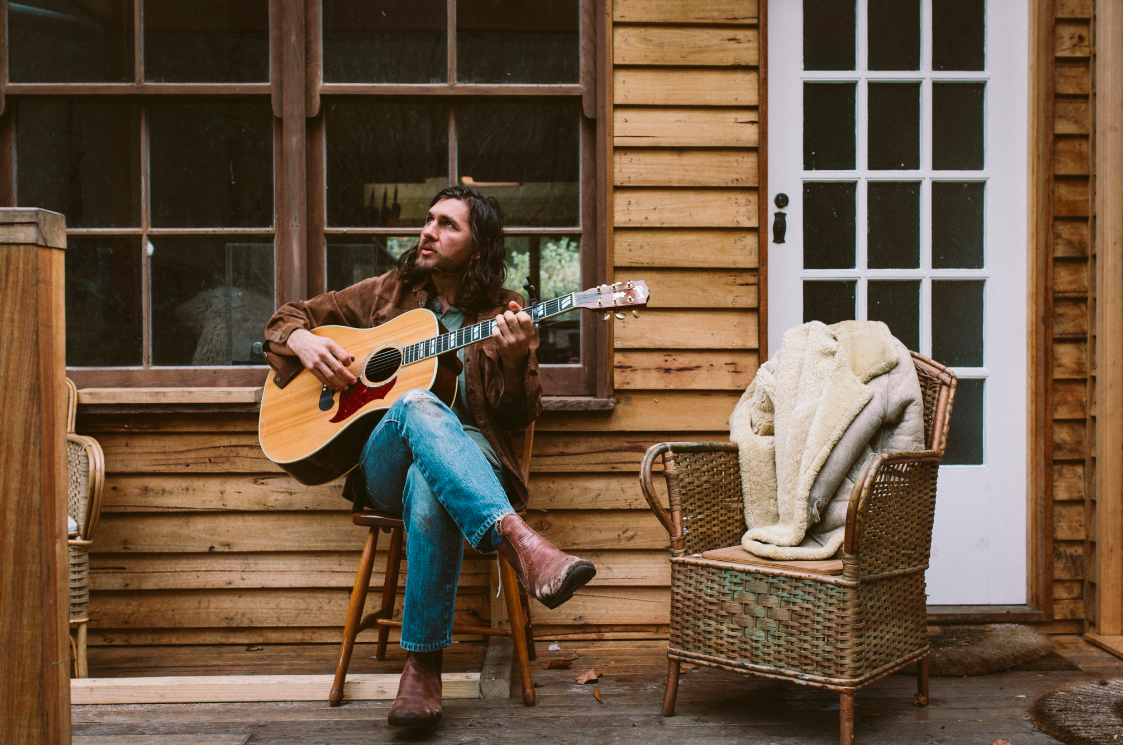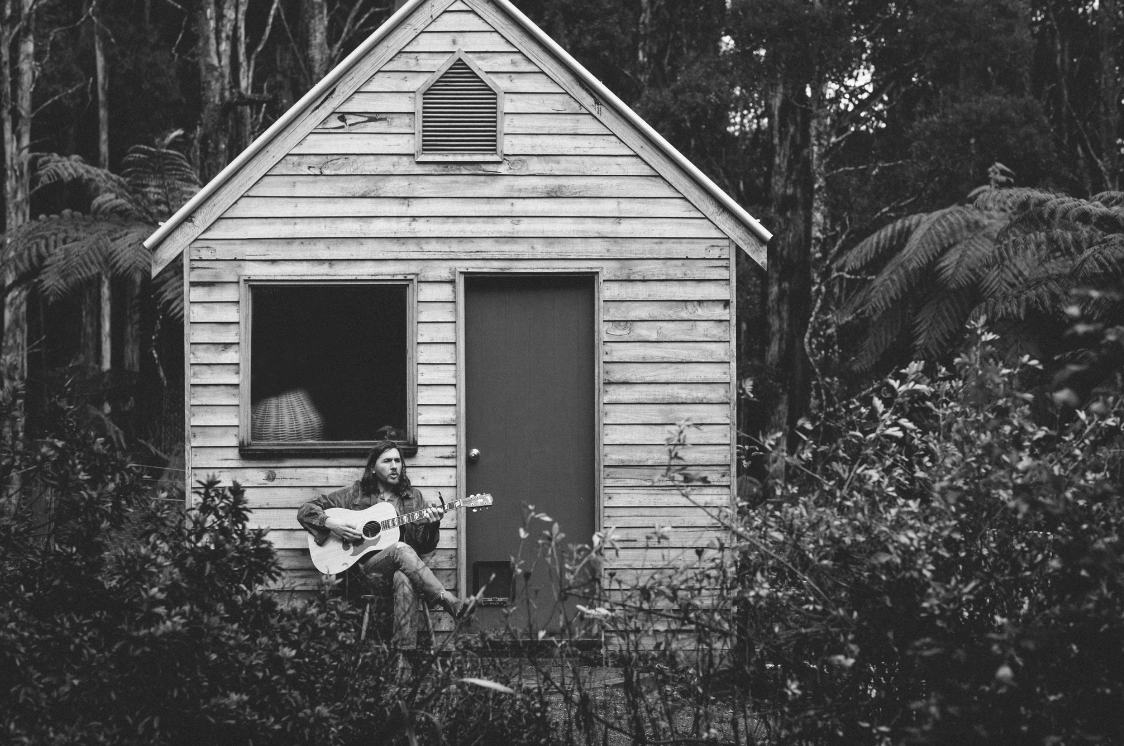You’ll know guitarist Sam Teskey as one half of the brothers Teskey, aka critically-acclaimed, blues-soul band, The Teskey Brothers. With his debut album Cycles out in October, Teskey reveals how an album of previously unfinished songs finally took shape during lockdown, into a record to be enjoyed as a complete body of work.
With Cycles, did you deliberately set out to make something that sounded different to The Teskey Brothers?
No, I definitely didn't set out to do anything different. It's something I've always really been into, and I guess I've been working at it for a long time. The stuff that we do with The Teskey Brothers is a different thing than I would normally go for, but it hasn't felt like I'm trying to do something different from that sound, it just naturally fell into place.
I've always loved this sort of music that I'm portraying on this album, and it was about time that I got in there and finished something, because I had lots of work that was half done! So I finished some of these old tunes off.
The Teskey Brothers is a collaboration of all of us and all of our sounds; Josh has got an amazing soul voice because his major influences were people like Otis Redding, Wilson Pickett, Bill Withers, Stevie Wonder – all these kinds of great singers.
I was influenced by Jimi Hendrix, Cream, Eric Clapton, The Allman Brothers Band – so these two worlds meet, but they're all kind of from that same era. My album goes more towards my influences and Pink Floyd – it goes down more of a psychedelic road.







